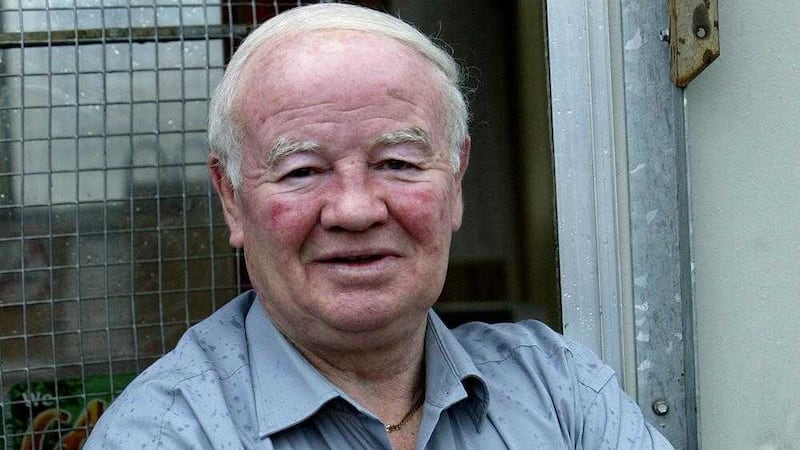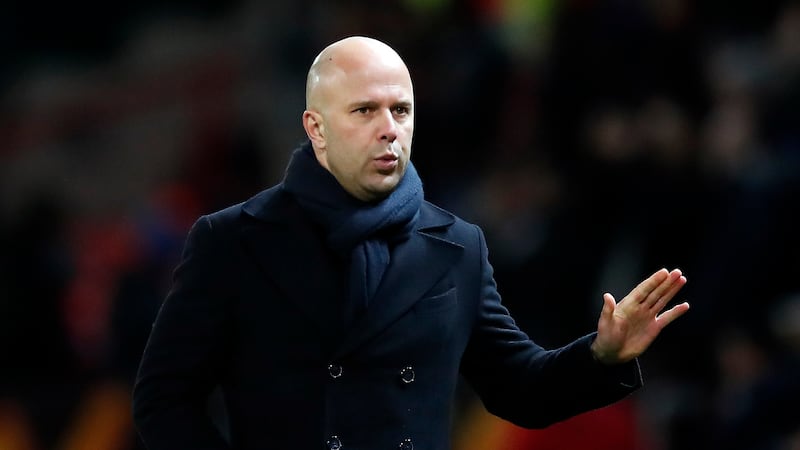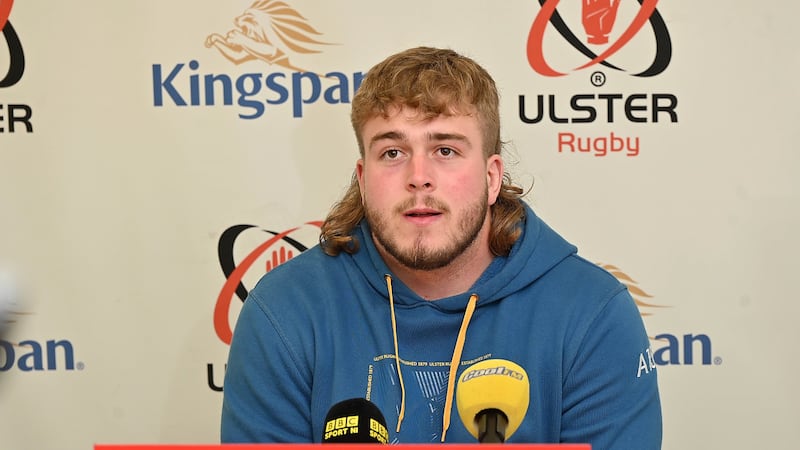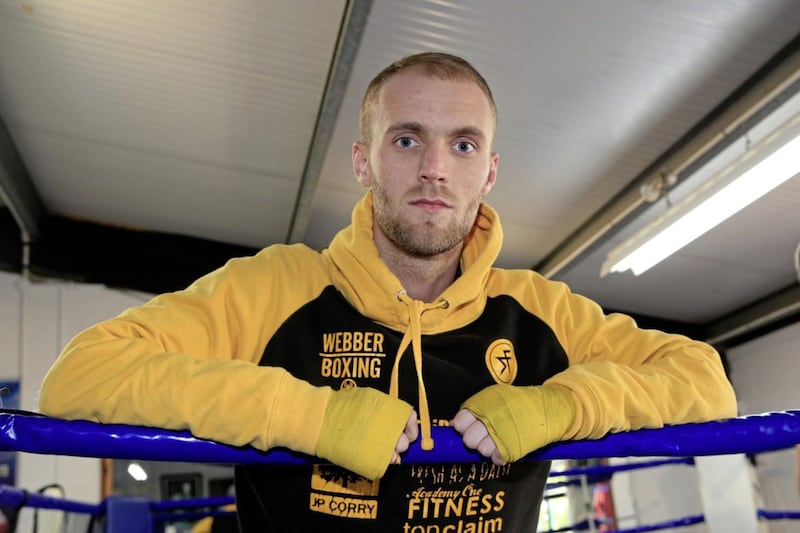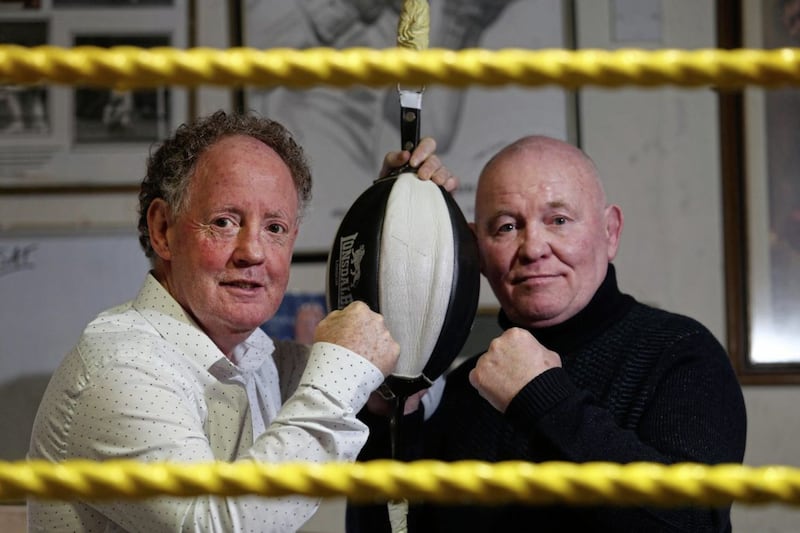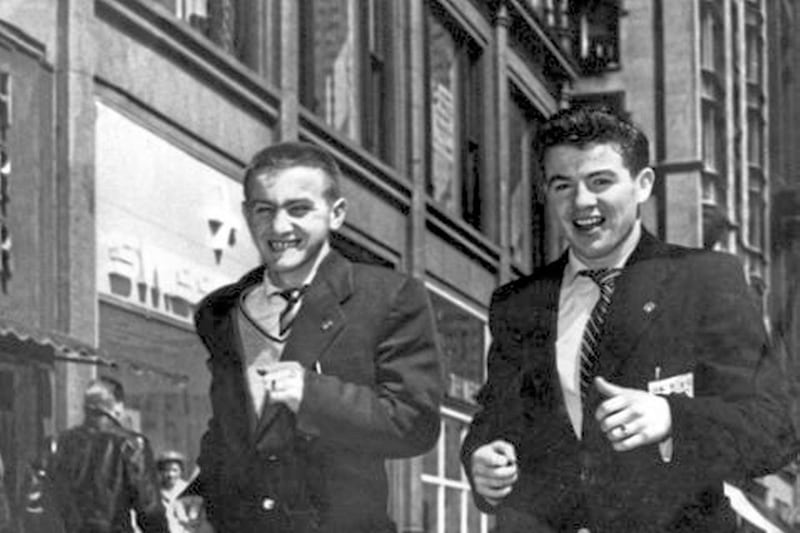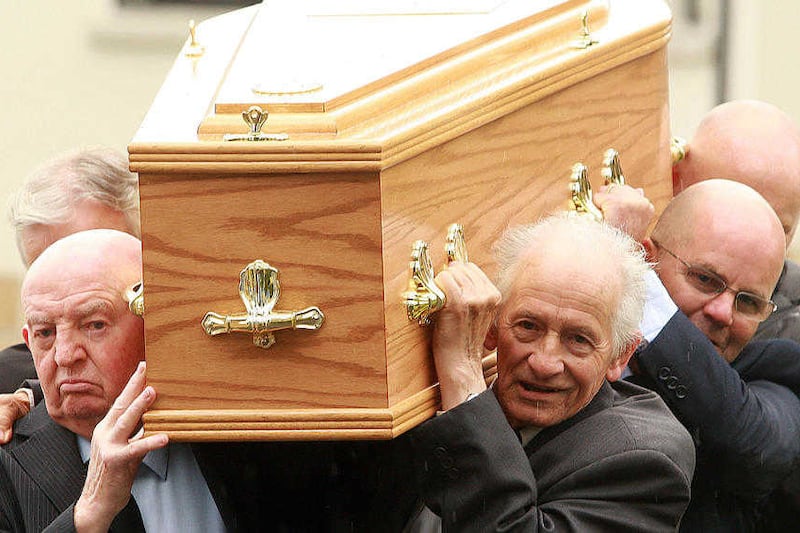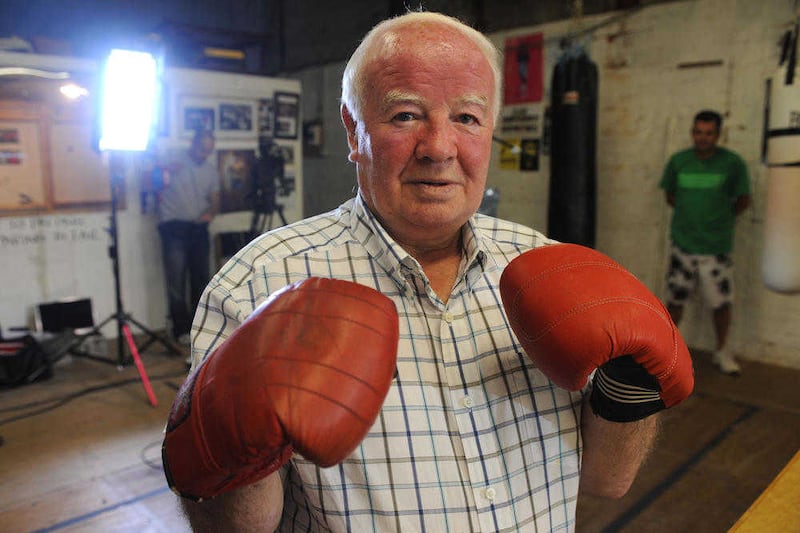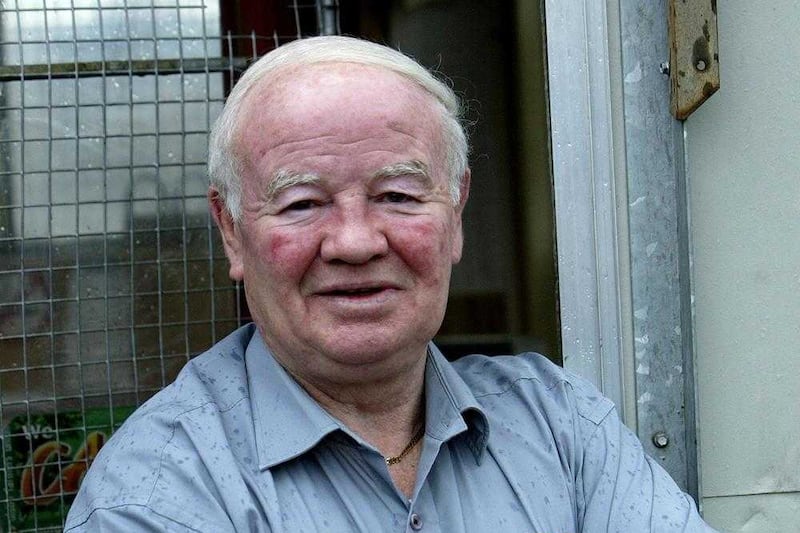OLYMPIC medal winning boxer Belfast man Freddie Gilroy has been described as a superstar of boxing and one of the best fighters to come out of Ireland.
The boxing champion, who was from the Ardoyne area, won a bronze medal for Ireland in the 1956 games in Melbourne while a member of the St John Bosco club.
He died on Tuesday, aged 80, following a period in hospital after suffering a stroke last year.
He was the first Irishman to capture the Lonsdale belt, the oldest championship belt in boxing, which required three successful title defences to win.
However, the belt went missing in the mid-1980s, reportedly after the boxer lent it to a friend, and Mr Gilroy never had it returned.
Last year Mr Gilroy's brother, Tommy, made an appeal for the title, after being approached by a man who claimed he had seen and held the belt in a house in north Belfast.
Olympic medallist Hugh Russell, who was the second Irish boxer to win the Lonsdale belt, said: "Freddie lived so long without knowing what had happened to his Lonsdale belt. He mentioned it every time we spoke and he lived every day hoping it would come back and it was never to be."
And paying tribute to the boxer he said: "He is up there with the great fighters to come out of Ireland, he was one of the superstars. He was a massive name globally and locally."
Barry Flynn, who wrote a book entitled "Best of Enemies", which examined the boxing rivalry between Gilroy and Falls Road man John Caldwell, said it was a "tragedy" that the belt was never handed over.
He told The Irish News: "Liam Neeson appealed for its return and it would be appropriate if someone out there were to hand it into a police station now. It is definitely in the city of Belfast somewhere."
After the Olympic Games of 1956, the bantamweight fighter turned professional and also won British, Commonwealth and European titles.
In 1960, he narrowly lost on points to France's Alphonse Halimi for the World Bantamweight title.
Mr Flynn said: "Between 1958 and 1962 he was never out of the top ten bantamweights. Freddie was the biggest thing since penicillin to hit the streets of Belfast and drew a crowd of 17,000 to his title fight in The King's Hall in 1959."
However, he was on a "collision course" with Caldwell, whom he had known since childhood but was by now a boxing rival and whom had also won bronze for Ireland at the 1956 Olympics.
After Caldwell defeated Alphonse Halimi for the World Bantamweight title, the pair met in front of 16,000 fans in The King's Hall in Belfast in October 1962.
In a brutal bout, Caldwell was forced to concede defeat with a cut eye at the end of the ninth round.
Gilroy became both British and Empire champion in a contest widely regarded as one of the greatest boxing fights to ever be held in Ireland.
According to Mr Flynn, their relationship soured somewhat after the famous clash.
Mr Flynn said: "They had travelled the world as amateurs, but when money came into it they were on a collision course as professionals.
"Freddie walked away from boxing after that fight and there was an element of bitterness between them afterwards because it was such a vicious fight. Freddie is on record as saying it was an unnecessary and needless fight."
Caldwell died in 2009.
